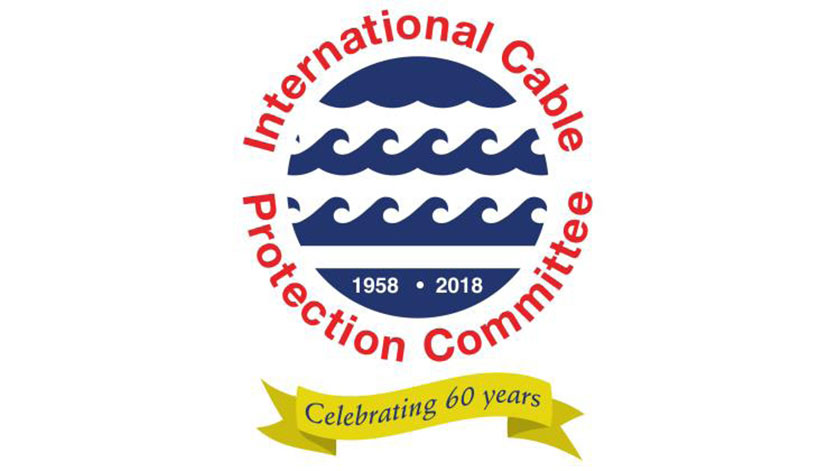The ICPC Addresses Three Future Challenges for Subsea Cables

The International Cable Protection Committee (ICPC) celebrated its 60th anniversary Plenary meeting by highlighting the three themes it is addressing to ensure that subsea cables continue to provide reliable long-term socioeconomic benefits to global communities.
This year’s ICPC Plenary—held in Cape Town, South Africa and sponsored by Mertech Marine—was attended by 128 delegates and invited guests from all over the world, including many from Africa. Spanning three days of insightful presentations and lively debates, industry experts shared experiences, trends, challenges, and innovative solutions to the following key issues facing subsea telecommunication and power cables.
- Cable security: Considering that subsea cables are often described as critical infrastructure, the ICPC kicked-off new activities focused on the end-to-end security of cable systems and the continuity of the benefits they provide. The ICPC and its Members have an extensive evidence-led understanding of the potential threats to cables and are leveraging this knowledge on policies and procedures for protecting these strategic assets.
- Sharing the seabed in harmony with others: While the cable industry has flourished under the current freedoms to lay and maintain cables enshrined in international law, the ICPC recognizes that there are other organizations which have legitimate interests in how our oceans are protected and managed. The ICPC continues to seek fact-based dialogue and cooperation between these actors to avoid potential conflicts of interest, by:
- Protecting cables from accidental damage: This has been a central part of the ICPC’s work since its creation 60 years ago. The organization continues to collate, analyze, and share information on man-made and natural events, which affect subsea cables. Moreover, the ICPC is continuing its outreach to bodies such as the International Hydrographic Organization (IHO), to proactively ensure that maritime charts provide the ships’ masters with the necessary information to avoid accidental contact with subsea cables. The ICPC is also supporting studies to better understanding natural processes such as subsea earthquakes, landslides and climate-driven events, which will allow future cables to be laid in areas of ever-lower risk.
-Engaging with commercial interests such as deep seabed mining – coordinated by the International Seabed Authority (ISA) – to emphasize the benefits of marine spatial planning which pays due regard to the concerns of all.
 In the ICPC’s Diamond Jubilee year, its Members also reflected on the history of the organization, from its formation in 1958 as the Cable Damage Committee, to the present day, where it represents a membership of more than 170 companies, including governments and academic institutions. “We have evolved over the decades from a focus on damage control towards proactive means to minimize cable faults,” said the ICPC Chairman, Graham Evans. “Now we're continuing to adapt ourselves to new commercial, environmental, and legislative challenges, as part of our work to ensure the connectivity of communities and states.”
In the ICPC’s Diamond Jubilee year, its Members also reflected on the history of the organization, from its formation in 1958 as the Cable Damage Committee, to the present day, where it represents a membership of more than 170 companies, including governments and academic institutions. “We have evolved over the decades from a focus on damage control towards proactive means to minimize cable faults,” said the ICPC Chairman, Graham Evans. “Now we're continuing to adapt ourselves to new commercial, environmental, and legislative challenges, as part of our work to ensure the connectivity of communities and states.”

